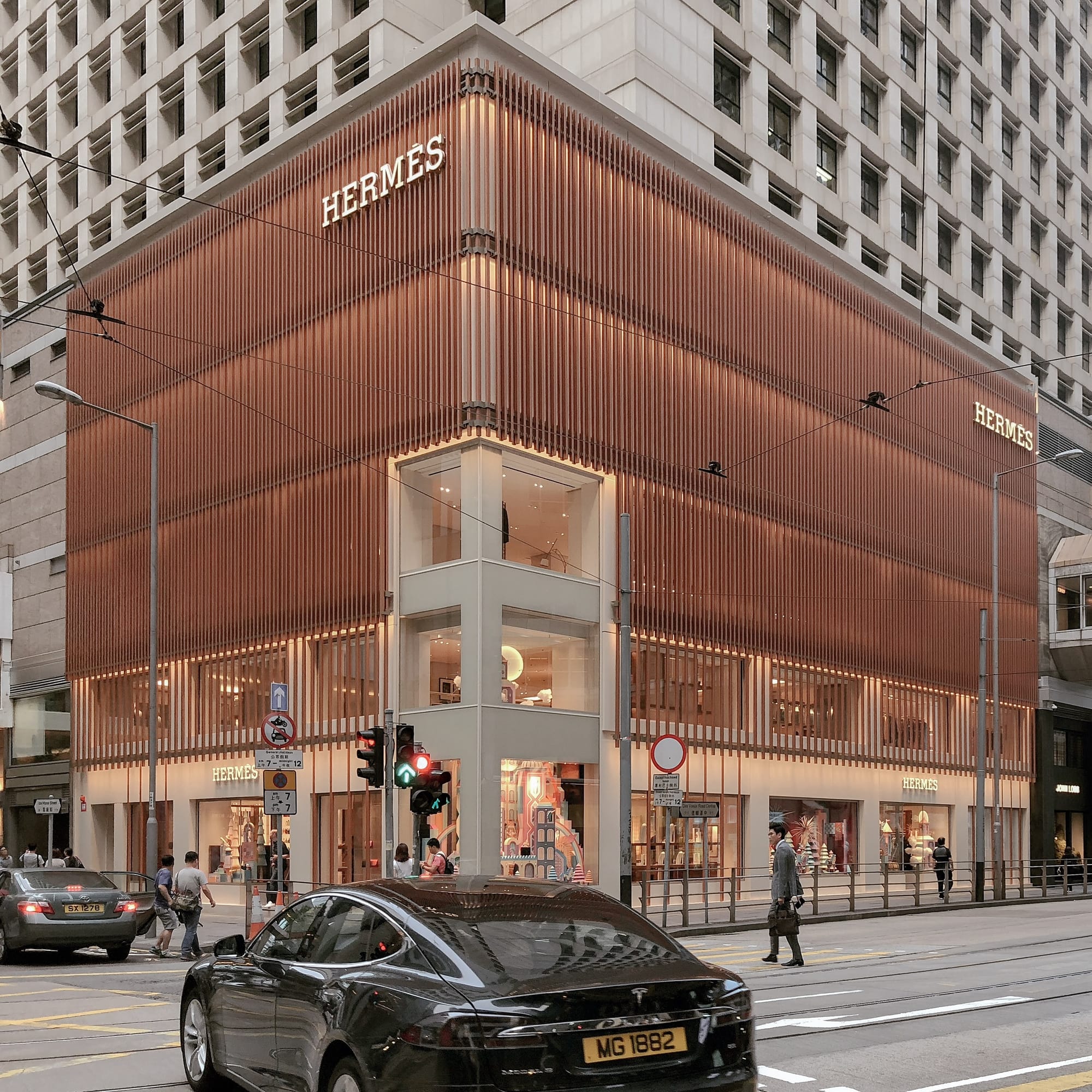In August 2021 I wrote a brief essay exploring what helps institutions successfully endure for long periods of time. This is a followup on that essay, which I'd encourage you to read if you haven't already done so. You can do so here.
My prior essay on the topic of institutional endurance came to the conclusion that purposefulness and a sacredness of mission are key elements in driving longevity in institutions. This conclusion was arrived at by surveying the world's oldest institutions, most are universities (often started by religious organisations), religious organisations (e.g. Catholic Church or Orthodox Church), or alternatively banks, monarchies, pubs or distilleries.
Now you might be asking yourself what is lofty or sacred about a pub...and if you've visited a popular old pub, the regular customers will tell you--it's the community. Not surprising considering that the word "pub" is actually shorthand for "public house." Pubs are great examples of this as they often have "house traditions" or are consistent in many regards. The recipes of their food don't change, the scheduled regular games they may host e.g. quiz nights, the drinks they serve, the football teams the regular customers support, etc. It all creates a sense of consistency of experience. The people who go there get to know each other and they value the common experience they share, they know what to expect, and reward that experience with loyalty. They know the barkeep, and the barkeep knows them, and likely also knows their family too.
In this essay, I'd like to further explore these themes. Specifically, I'd like to dive into the notion of purposefulness. One of the things that one notices when they consider the names that show up among the world's oldest businesses is that most of them tend to be premier brands that are noteworthy for the quality of their products or services. The banks aren't just banks, they're leading private banks that serve the world's most demanding and affluent people. The watchmakers aren't just purveyors of standard wristwatches, no--they hand make some of the world's most complex mechanical watches, often extremely expensive and for discerning customers who value the brand. The fashion houses are known for the quality of their products, the craftsmanship of their leather goods. In summary, it is not only that these companies are excellent--they are among the best at what they do.



It is this purposeful intent to do things with excellence, for people who value that excellence that makes these organisations exceptional. No detail is spared in this pursuit of excellence. The in-store experience; the music that plays in-store, the lighting, the quality of materials used to box the goods that are purchased, the quality of the shopping bag used to carry the purchased goods, the clothes worn by shopping assistants. The quality of the product itself; the stitching, the design, the materials used, the expertise of the artisans who might hand-make the product. The list goes on and on. The point is that these organisations are fastidious about excellence across the various dimensions of their operations, and the reason is they put great esteem in producing excellent products, not just good--excellent. This esteem in the desired outcome puts great emphasis on the quality of entire process of production. This intent naturally results in great scrutiny to ensure that the desired mark of excellence is always upheld. Laxity in vigilance results in slow but gradual deterioration of standards.
Some long enduring brands aren't necessarily elitist, others focus on dimensions of excellence e.g. durability all the while also pursuing affordability as well as accessibility. Examples of this include brands such as Levi's Jeans and Toyota. Levi's Jeans were originally manufactured by Levi Strauss & Co (founded in 1853) and initially popular among working-class men e.g. lumberjacks, cowboys and railroad workers. Toyota was founded in 1937, it's means of developing marketshare was a focus on producing affordable cars for middle-class families. These cars had to be produced cheaply, at scale and also had to be reliable. Inability to succeed at selling affordable cars would result in them being uncompetitive against incumbent market leaders in the US e.g. Ford. Inability to produce a reliable car, would again reduce the brand's ability to compete. A lack of scale would hamper their ability to produce the cars cheaply and pass on the savings from economies of scale to their customers. This represented a significant engineering and organisational challenge. To rise to the challenge, the company developed a system of production management called "the Toyota Production System." This managerial innovation which included concepts such as Kaizen was a critical component in the company's intentional pursuit to achieve its aims. The pursuit of innovation and operational excellence as a means of delivering customer value at affordable prices; with elimination of operational waste being of importance.
In being exacting about their standards, purposeful organisations inevitably have high expectations of their teams. The people who work in these organisations need to be able to consistently operate at the levels of excellence required by their exacting customers. As mentioned already, a lack of vigilance in standards leads to brand deterioration. This means that organisations that seek to sustain operational excellence must attract talent that aspires to participate in that excellence. They must provide the necessary training and support to ensure that their standards of excellence are understood and team members comply to them. They must appropriately reward employees for their professionalism. They must then establish policies that maintain a posture of vigilance. In this regard, organisations are not dissimilar to religious or military orders that also have frameworks for establishing appropriate behaviour and/or standards among their members. The goal is the same, a slippage in these orders breaks faith with the customer; be it the laity or civilians that expect victorious protection. Given the risks associated with diminished standards, it is no surprise that organisations that pursue excellence would be exceptionally strict about rule adherence. As a rule they must be uncompromising about this.
Uncompromising. When you think about people like Steve Jobs and his impact at Apple, or his commitment to product design and quality--uncompromising is probably a word that naturally comes to mind. All great organisations are uncompromising about the values they hold dear, the standards they seek to uphold in producing goods or services that represent those values. They need to be in order to keep their customers happy. Their customers expect that of them. This ultimately is the source of their consistency. It is easy go compromise, especially when it may make a working environment happier. Unfortunately, compromise very easily can lead to deterioration of standards. The challenge for leaders is understanding when a compromise is a necessary innovation, or competitive requirement demanded for by customers; or alternatively requires avoiding. This element, operational leadership and judgement--is critical to long term success. It's also not something that can be codified. It's a function of having the right leaders in charge at the right time.
The world of business, especially among technology circles is enamoured with the myth of the founder. Founder-led businesses are lionised; biographies and movies are produced celebrating their success or alternatively analysing their failure. However, long enduring organisations are bound to have several noteworthy leaders. Consider the USA, it's had 46 presidents. However among these 46, only a handful are probably noteworthy. All have been important, their participation in leadership helped sustain that country's existence. However, only a few are noteworthy for having materially guided the destiny of that country.
Lists of these noteworthy presidents typically include George Washington as the founding president who stepped aside after 2 terms and established high regard for democratic principles, Abraham Lincoln who made the Federal Government stronger--centralising the power of the State, stopping slavery and putting the country on a pathway towards winning a civil war; Franklin D. Roosevelt, who established the modern state infrastructure under the New Deal and turned the USA into the global power. These presidents are noteworthy because their leadership transformed or otherwise materially enriched the identity of the organisation they led.
What is true for countries is true of companies too. Each one of those presidents was the right person at the right time. Achieving that sort of succession requires a culture of excellence that filters out undesirable candidates. Eventually an archetype, persona or standard for the ideal leader is established. Those that qualify for candidacy need to meet the mould. Organisations will typically have various identifiers for this. In the case of the US, typically presidents would have graduated from an Ivy League university, would have had some high ranking political (senator/governor/vice president) or military experience, would have some real world professional experience at an appropriate institution of high esteem, likely in their earlier career. Their ability to make high quality decisions in their prior careers would be highlighted in their campaigns, and would be used by voters to make their electoral decisions. Similar approaches are used in determining succession in business leadership. This is important in that it allows those executing the recruitment to determine the quality of judgement a leader has. Of course for this to be of any merit, the choice of candidate must share the standards and values of the recruiting organisation; the candidate must respect its traditions and must be willing to protect them--but also to innovate where necessary. To be uncompromising, but also wise.
What's an example of this? The British Royal Family, an institution that exists because of tradition, and is sustained through tradition and custom. Yet, when the moment requires it--adapts. Before the 1950s, royal family coronations were not broadcast by TV, the technology was of course new. The institution could have chosen to keep such matters off of media broadcasts; but it adapted--and that likely helped maintain its popularity. Organisations that don't adapt die. However in adapting, they mustn't loose their identity. Their core must be maintained. Understanding what that is, is of importance--and that requires that they always prioritise their customer.
The sum of all of this, craftsmanship; a commitment to excellence, and a succession of wise leadership--this is what enables longevity. Uncompromising professionalism; a culture that attracts people that desire to be noteworthy professionals and achieve that by associating with a great organisational brand that embodies supreme ability in its field. This provides a supply of willing apprentices who are happy to embody the standards of their place of work, and therefore embody its culture and sustain its way of doing business. These qualities might not make a company huge, but they will likely make it long lasting.


